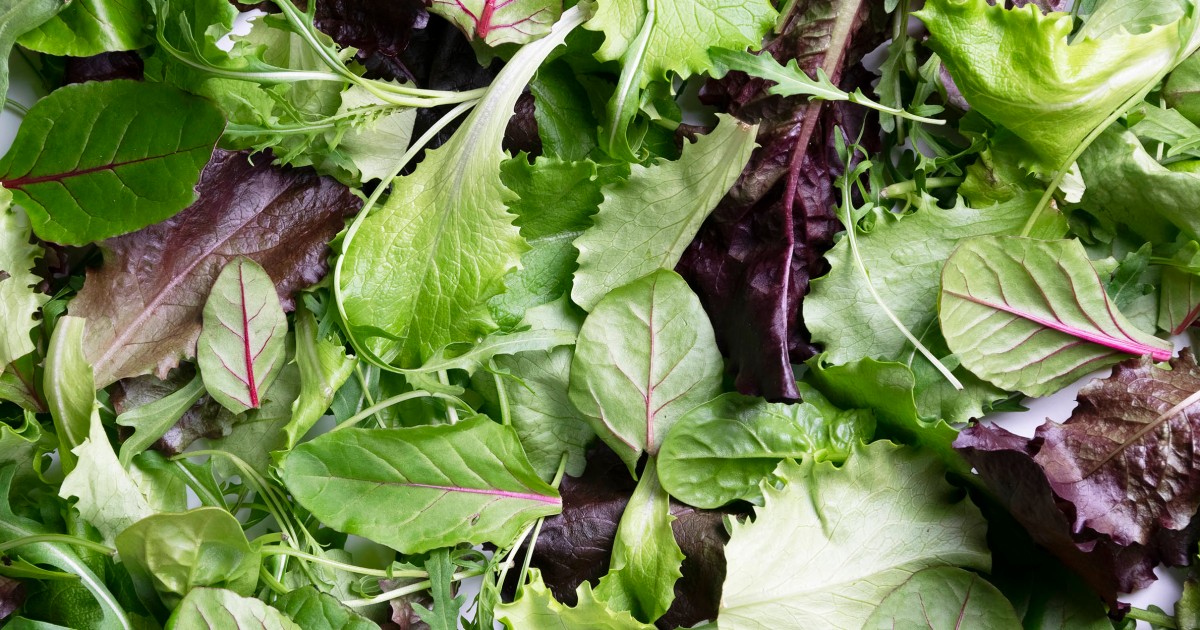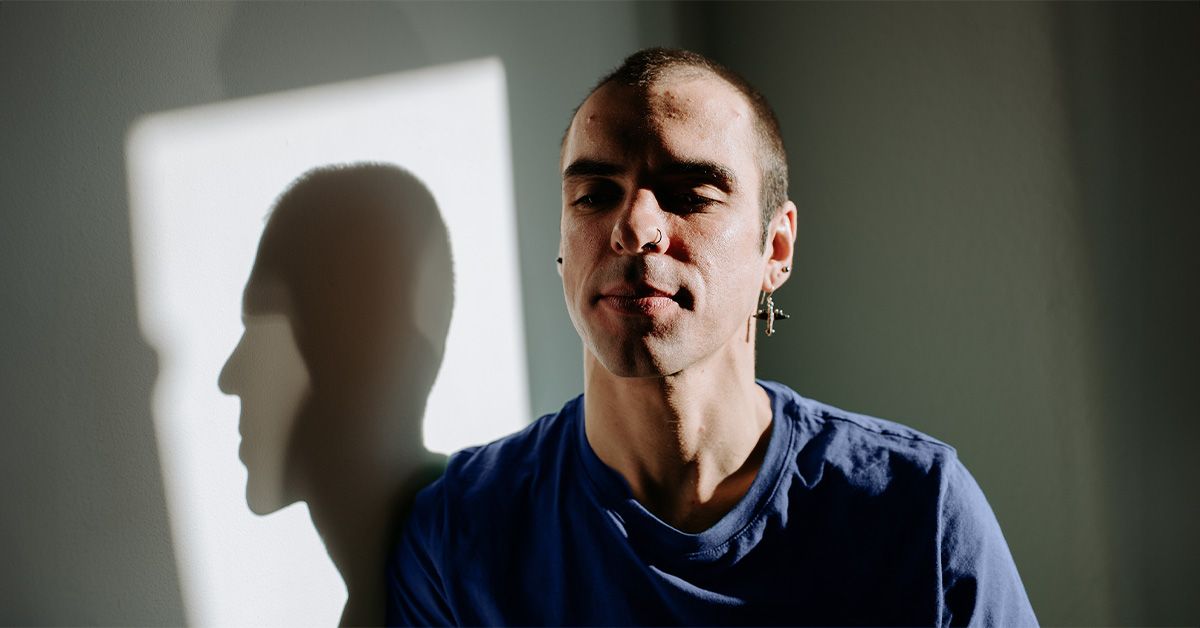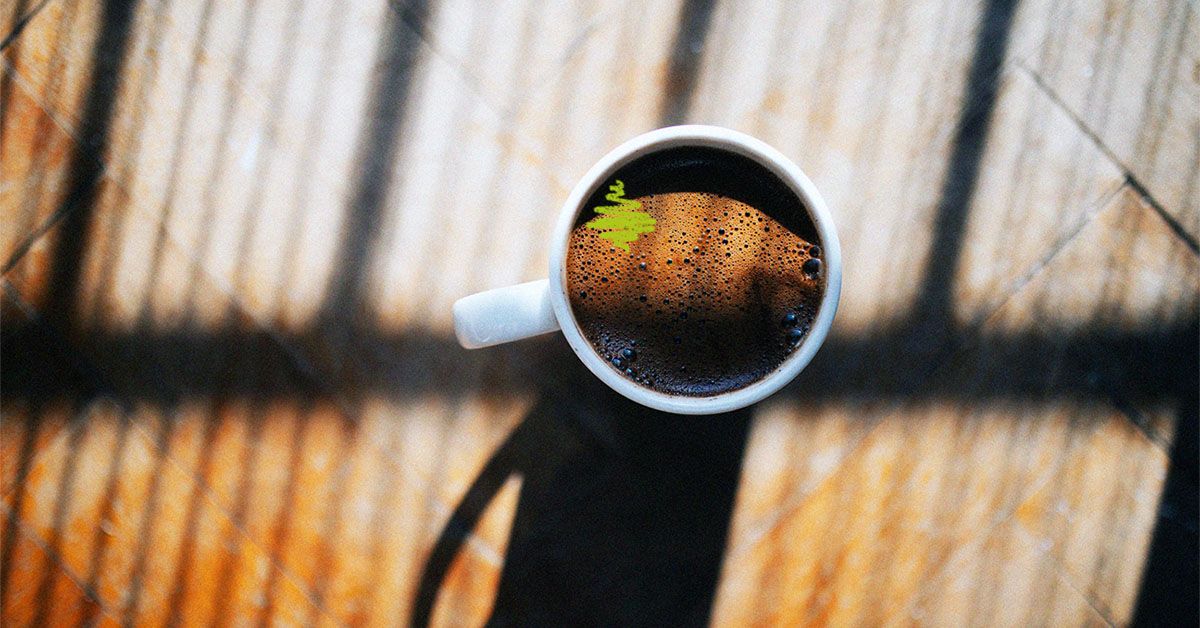Welcome to Start TODAY. Sign up for our Start TODAY newsletter to receive daily inspiration sent to your inbox — and join us on Instagram!
Stress is a fact of life. Add politics and a divisive election season to the mix and there’s extra anxiety at every step. All that tension can take a toll on your health.
“Stress is a major issue right now,” Dr. Aditi Nerurkar, an internal medicine physician and stress expert, told TODAY in a segment that aired in July 2024.
“There are so many reasons, so many events that have been unfolding over the past four or five years — we’re just not getting a break.”
In a room of 30 people, 21 people have stress and burnout, she noted.
It’s concerning because people who experience chronic stress show signs of accelerated immune aging, a study found. And stress is associated with around a 20% increase in the risk of death, researchers announced in 2023.
But there’s something you can do about it: Managing stress is one of eight healthy habits Americans can adopt to live substantially longer. (The other habits include exercise, being free from opioid addiction, not smoking, eating a healthy diet, avoiding binge drinking, ensuring good sleep and having positive social relationships.)
“We were really surprised by just how much could be gained with the adoption of one, two, three or all eight lifestyle factors,” said Xuan-Mai T. Nguyen, health science specialist at the Department of Veterans Affairs, in a statement.
How do I feel calmer?
To manage stress and anxiety, psychologists say feeling calmer is a matter of something you likely take for granted: your breath.
Breathing has a “surprisingly broad” impact on the brain and body, studies have found.
Change it and you can change your emotions by altering the signals that go to the brain, says Dr. Patricia Gerbarg, an assistant clinical professor of psychiatry at New York Medical College and coauthor of “The Healing Power of the Breath.”
“The brain listens to the lungs, so the way that we breathe has a tremendous effect on how the brain functions for many different mechanisms,” Gerbarg tells TODAY.com. “The messages from the respiratory system are very powerful and very rapid, and we think they have top priority.”
If you’re hungry and happen to stub your toe and then choke on gum at the same time, which of those three signals is the brain going to pay attention to? Breathing, of course, because otherwise you’d be dead in a few minutes.
Breathing is also the only automatic body function for which we have voluntary control.
“We can’t just change our heartbeat or our digestion, but we can change our breathing pattern by thinking about it,” Gerbarg says.
“If you use your body to communicate with your brain, the messages bypass all of the worrying and obsessing. They just go straight into the main regulatory centers of the brain.”
Deep breathing benefits
Brain scans show slower breathing reduces anxiety and fear, while increasing the ability to reason — so the thinking mind restrains the emotional part of the mind, helping a person evaluate the situation better, Gerbarg notes.
Deeper, slower breathing can also let your body know to come out of fight-or-flight mode, says Anne Bartolucci, a clinical psychologist, adjunct assistant professor at Emory University School of Medicine in Atlanta and author of “Better Sleep for the Overachiever.”
“It’s a nice, quick way to calm down and it’s also a way to signal to yourself that you’re taking care of yourself,” Bartolucci says.
Slow deep breathing can be used as an alternate therapy for people with hypertension to reduce blood pressure without medication, a 2023 review of studies found. It’s easy for people of all ages to do and lowers a person’s pulse as well, the authors noted.
Here are five breathing techniques you can employ right now to destress and relax:
Stop-breathe-be
Nerurkar calls this a three-second brain reset.
“It’s a way to tap into your mind-body connection and get grounded in the here and now,” she said.
If you’re facing a stressful situation, take a moment to stop what you’re doing, take a deep breath and “be,” which Nerurkar defines as grounding yourself in the present moment.
“It gets you out of that anxious ‘What if?’ focus on the future and back to what is here and now,” she said.
Belly breathing
Also known as diaphragmatic breathing, this exercise can help you turn on the parasympathetic — or the calming “rest and digest” — part of the autonomic nervous system, Bartolucci says.
Babies are natural belly breathers, while adults usually become chest breathers — a less efficient way to take in oxygen. To return back to basics, Bartolucci instructs her patients to:
- Find a comfortable position — lying down may be easier because you get a better range of motion.
- Inhale slowly with the belly for four seconds. The abdomen should rise, while the chest moves minimally or not at all.
- Exhale for four seconds or longer.
- Do this practice every day, working up to five minutes of belly breathing. Also use it in the moment when you need to relax.
Bartolucci prescribes this breathing technique to her patients and does it herself to calm down.
“My husband can tell when I’m getting annoyed with him because he sees my belly start moving,” she said.
Cyclic sighing
This method, which focuses on long exhalations, is most effective at improving mood and slowing down breathing, a 2023 study found.
Dr. David Spiegel, the co-author of the paper and associate chair of psychiatry and behavioral sciences at Stanford University School of Medicine, has these instructions:
- Inhale through your nose.
- Take a second, deeper breath to fully fill your lungs.
- Slowly exhale all the air through your mouth.
Spiegel recommends repeating this sighing cycle for about five minutes.
Coherent breathing
A typical adult takes about 15-20 breaths per minute, but the sweet spot of experiencing relaxation and optimal brain function is to slow that down to five breaths per minute, Gerbarg says. This pace lets the brain know everything is safe and fine.
She recommended these steps:
- Download any breath pacing app that will give you cues about when to breathe in and out. Similar instructions can also be found online. The idea is to not think about counting or anything else, but just focus on breathing.
- Follow the cues and breathe softly, preferably through the nose, with your eyes closed so you can focus inward and block out external distractions.
- “Just move the air very slowly — it’s not really a deep breath. It’s a slow, gentle breath,” Gerbarg advises. Your belly will naturally expand.
- Work up to doing about 20 minutes of this technique per day. You can also employ it whenever you’re feeling anxious and at night if you’re having trouble falling asleep.
After you become familiar with this type of breathing, Gerbarg also advises practicing during the day with your eyes open so you can do it anywhere without others noticing.
“It’s very powerful,” she says.
4-7-8 breathing
Sleep specialist and clinical psychologist Dr. Michael Breus previously told TODAY.com this simple exercises lowers the heart rate and provides a calming sensation:
- First, breathe in through your nose for the count of four.
- Hold your breath for a count of seven.
- Breathe out through your mouth while counting to eight.
Dr. Melissa Young, an integrative medicine specialist at the Cleveland Clinic, recommends doing three cycles of this breathing technique twice a day to make it a habit.
Box breathing
This is one of the daily routines practiced and recommended by Mark Divine, a retired U.S. Navy SEAL commander who believes awareness and control of your breath “is the best tool to bring initial control over our mind.”
Here’s how to do it:
- Start in a seated position and exhale all of your air.
- Inhale for a count of five.
- Hold your breath for a count of five.
- Exhale for a count of five.
- Hold your breath for a count of five.
- Keep the pattern going and repeat this cycle five times.
Read the full article here
















